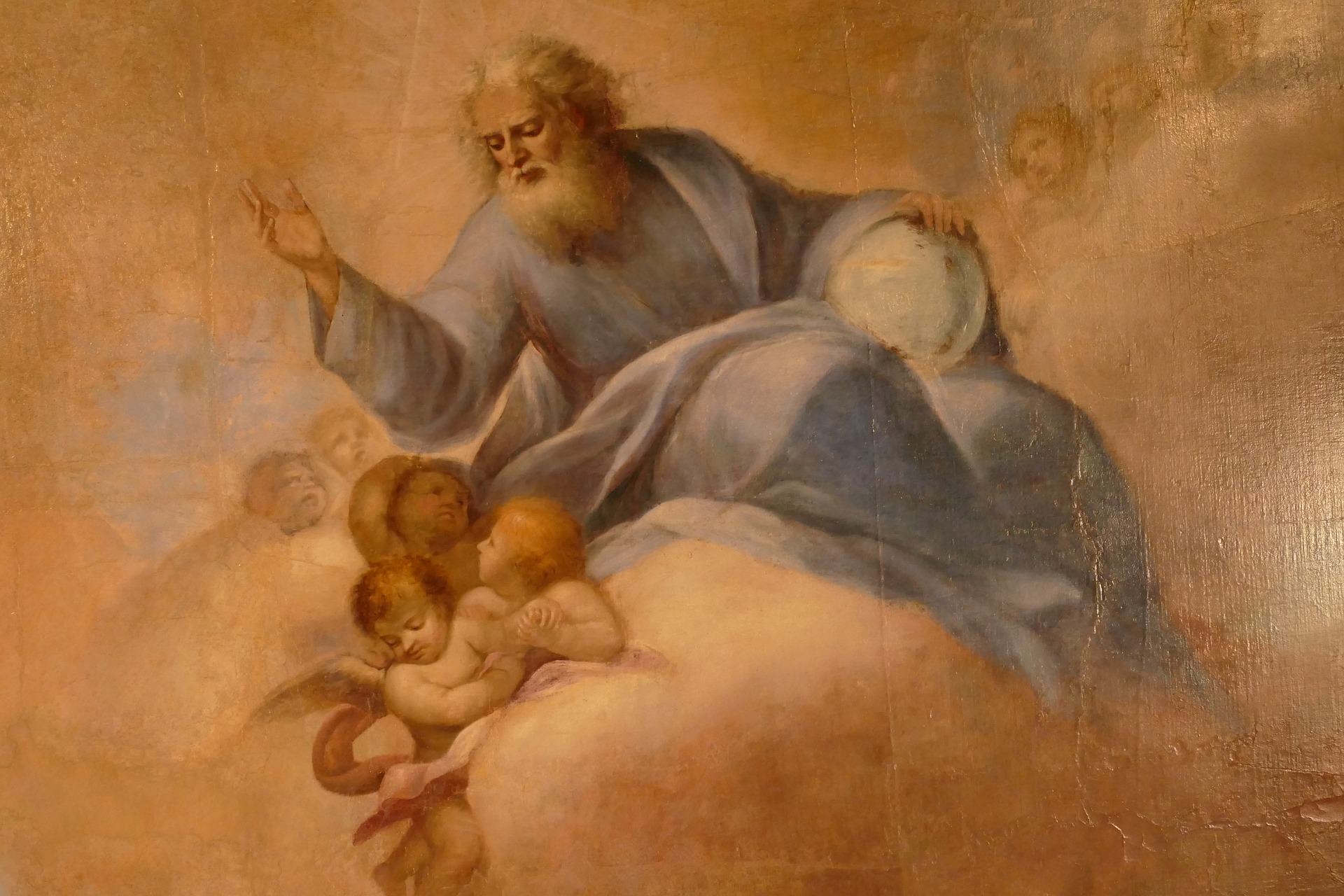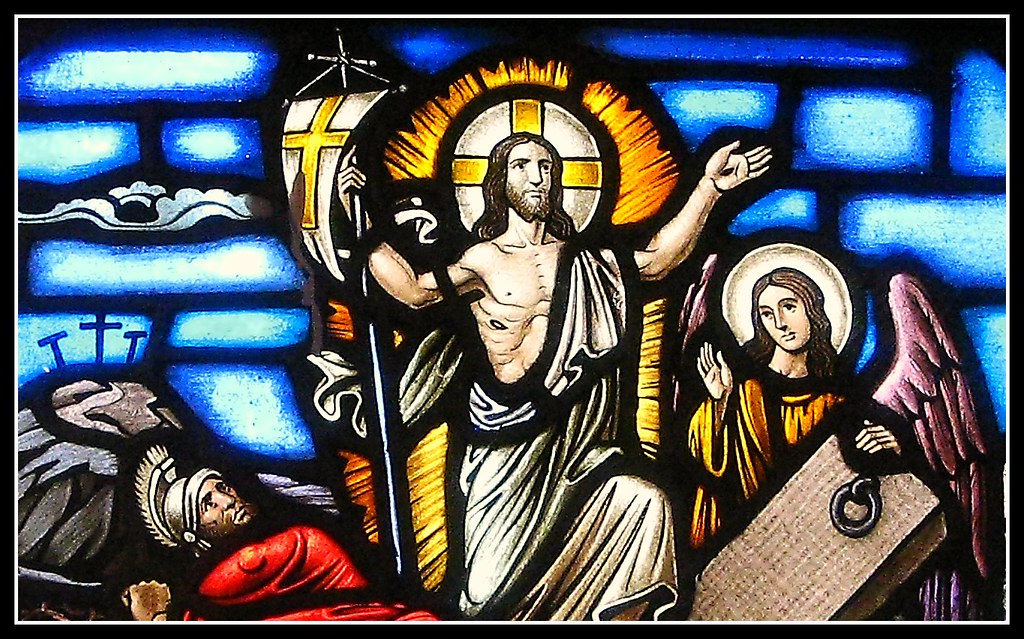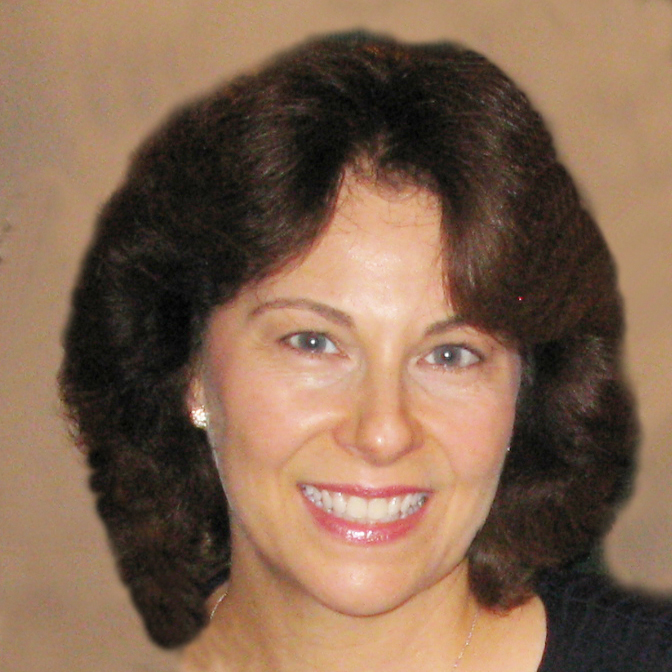Zechariah
“And behold, you will be silent and unable to speak, until the day on which these things shall be, because you have not believed my words, which will be fulfilled in their time.” (Lk 1:20)
Before God called St. John the Baptist to preach, He called Zechariah and Elizabeth to be the parents of this holy man, entrusting them to teach and prepare their child for a great mission. In the Gospel of Luke we are introduced to Zechariah as the one who has been chosen to be the High Priest that goes into the Holy of Holies in the Temple to offer incense at the mercy seat and to bless the people in the name of the Lord, a name that is so holy that only the High Priest utters it and only during this blessing. Zechariah is a good man who obeys all the Jewish laws and, as a priest, serves God, but he has been too busy doing the temple activities instead of preparing his heart.
It is in the place of the Holy of Holies that the angel Gabriel appears to him and announces that God has heard his prayers. At the mercy seat Zechariah finds out that he will have a son who will have a role in helping Israel obtain the mercy they seek. Gabriel tells Zechariah God’s plan, but Zechariah does not believe it because he does not trust God completely.
This passage comes right before Gabriel visits the Blessed Virgin Mary and She welcomes God’s plan for her life even though it means changing Her plans. While these two responses are contrasted, Scripture invites us to go deeper. Zechariah is a good man who is not ready for his mission, but does God abandon him and choose someone else? No.
“The plan of The Lord stands forever; the design of His heart through all generations.” (Ps 33:11)
God never changes His mind. He instead chooses to work with Zechariah and prepare him for his mission. He calls Zechariah into the silence where He can speak to his heart. He has months with Zechariah to teach him all he needs to know. He even sends His beloved daughter Mary, and His incarnate Son to Zechariah’s home to draw Zechariah deeper into relationship with Him. When John is born, Zechariah is prepared. He is filled with the Holy Spirit and prophesies:
“And you, my child, will be called a prophet of the Most High; for you will go on before the Lord to prepare the way for him, to give his people the knowledge of salvation through the forgiveness of their sins, because of the tender mercy of our God, by which the rising sun will come to us from heaven to shine on those living in darkness and in the shadow of death,
to guide our feet into the path of peace.” (Lk 1:76-79)
Zechariah teaches his son to seek the silence and trust in The Lord and, as a result, St. John the Baptist becomes the greatest of all the prophets. All of this occurred because God never abandoned Zechariah. This reality is a great hope to all of us because each of us is far more like Zechariah than we are like the Blessed Virgin Mary. We have all been distracted by the demands and busyness of life. We always intend to be prepared for the Christ Child at Christmas, but often the time of preparation is compressed into a small corner of our spiritual lives while we shop for presents, send Christmas cards, decorate our homes and churches, and prepare the Christmas meal. While these things are good, they are not the highest good if they have not brought us into a deeper relationship with God. Most years we find ourselves so exhausted by the demands we put on ourselves to make everything perfect for our families, that the meaning of the Christmas Mass – God becoming man for us – doesn’t not rest as deep within our hearts as we had hoped. But God does not abandon us; He never changes his mind.
Each of us is called to a special mission that no one else can fulfill. No matter how far astray we have wandered, God is there calling us back to Him. On Christmas Eve Pope Francis opened the Jubilee doors at the Vatican and declared 2025 the Year of Hope. If you are reading this, this message is meant for you. God waits in Confession to forgive you; He wishes to fill you with His hope and peace. God longs to nourish you at daily Mass with His Body, Blood, Soul, and Divinity to strengthen you in faith. He waits in Eucharistic Adoration Chapels in many places throughout the world to speak to you in the silence; He desires to tell you of His love and draw you deeper into His Sacred Heart. Zechariah’s story did not end at the Visitation; it began there. Your story begins today.
Thank you to my friend William Fuller who went into the desert silence to capture this photo of the comet.




